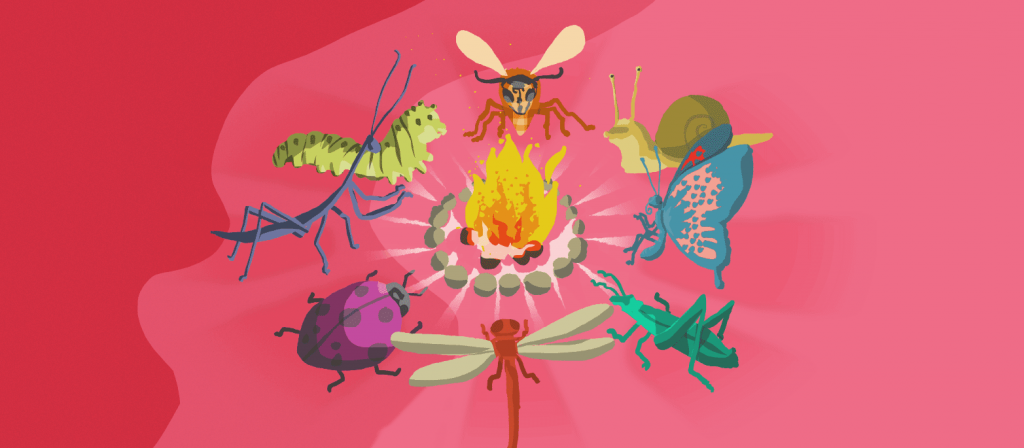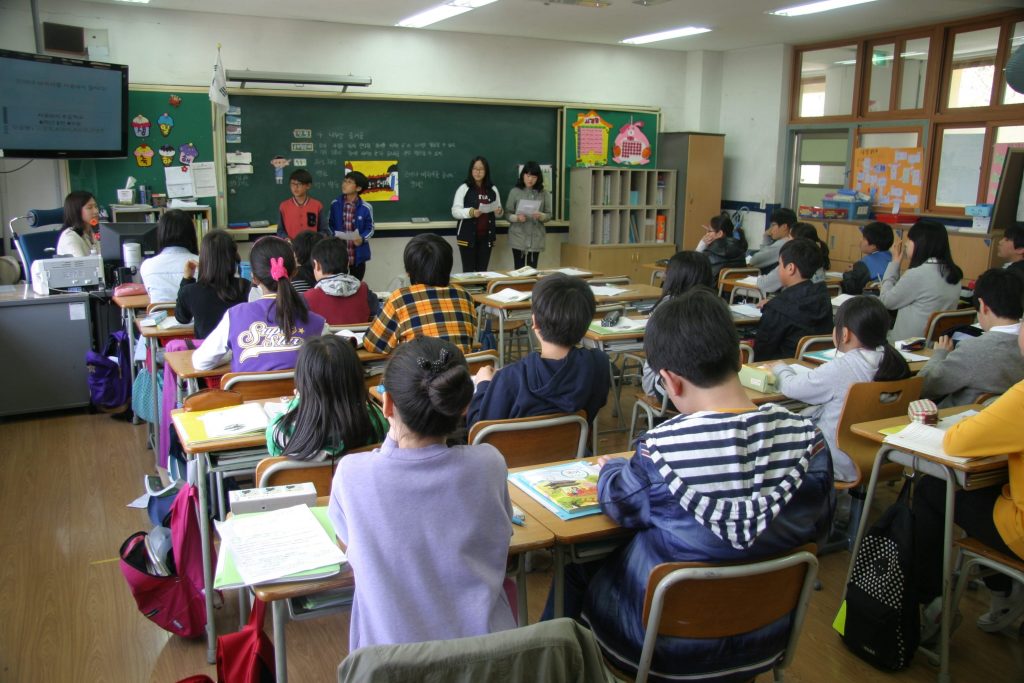
Habituation and the risk to customer experience
I watched a really interesting TED talk by Tony Fadell, originator of the iPod, the other day. In it he was talking about a process called habituation and how it helps us learn i.e. when we learn new things we quickly hard-wire them into habits as it allows us to free up space in our minds to focus on/learn new things.
However, in his talk he also talked about the downside to habituation and how it helps us get “used to everyday things really fast”. As a result, habituation can stop us from noticing and then fixing the ‘invisible’ problems that are around us.
I think this is particularly interesting and relevant when it comes to improving customer service and customer experience and how customers perceptions, behaviours and preferences change over time.
So, given the phenomenon of habituation, how can organisations be sure that they are continually noticing the problems that customers face?
Some might say that Voice of the Customer (VoC) programmes, customer journey mapping, design thinking techniques as well as things like feedback surveys help with this. Yet, we must still recognise that habituation occurs in people and, thus, in organisations. So, it is a risk that we need to aware of and manage.
Therefore, how can we make sure that we still see or continue to find and “solve a problem that almost no one sees” as Tony Fadell puts it? How can we develop the skill, habit, behaviour or practice that helps us see the problems that we don’t normally see? How can we see continue to see the 1%’s that will keep us on the continuous innovation and improvement track and that will allow us to continue to serve, delight and wow our customers?
To do so, I believe, we must rail against our natural instincts and foster, as Tony talks about, our ‘beginners mind’. We need to continue to strive to look anew at what we do and how customers engage with us and our products and services so we can see where the problems of the present and the future lie?
But, to achieve that where should we start?
Personally, I think it starts with awareness and continues with attention.
For example, consider the closest relationships that we have in our personal lives. The relationship with your wife, husband, partner etc. Aren’t all the best relationships typified by the level of awareness we have of each other, the attention we pay to each other, what we notice and, then, how we respond?
If we let our awareness and attention slip does that not lead to complacency, a sense of growing apart, a lack of care and, potentially, a break up?
There are lessons here for organisations and how they manage and develop the relationships they have with their customers. And, perhaps, the competitive edge and success that they are all looking for lies in how they combat the effects of habituation, how they notice things and how much attention they pay to their customers.
This post was originally published on Forbes.com column.




